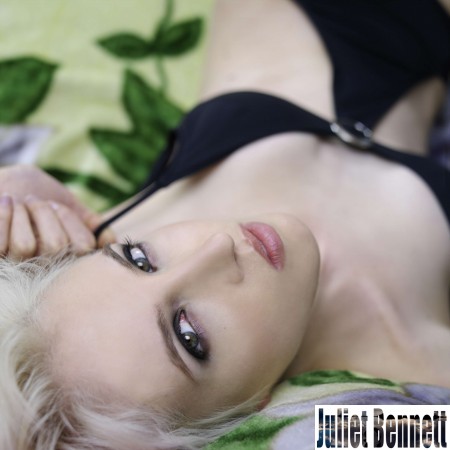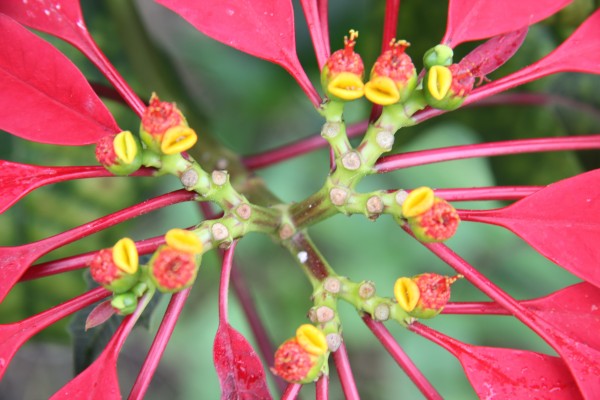‘I want to be thoroughly used up when I die, for the harder I work the more I live. I rejoice in life for its own sake. Life is no “brief candle” for me. It is a sort of splendid torch which I have got hold of for the moment, and I want to make it burn as brightly as possible before handing it on to future generations.’ George Bernard Shaw.
The following snippets of youtube videos are inspired by an initiative called “Awakening The Dreamer” which involves a half-day seminar that uses these video and more to step through where we are, how we got here, where we want to go, and how we can move toward that goal. taking groups through these questions. I attended the seminar and was impressed with how succinctly these clips summed up the present human predicament that I had been researching last year. Their conclusions, the same conclusions as mine, combine sustainable living, social justice and spiritual fulfillment, and in the end come down to one thing: INDIVIDUAL’S MAKING CHANGES LOCALLY, WHICH ADD UP TO GLOBAL CHANGE. Their videos inspired me to put this post together, so that the message can get out there as fast as possible. You may have seen some of these already, but if you haven’t seen any of them then this sequence of clips will take about one hour… something to do over the (what in Australia is going to be quite a rainy) Easter long-weekend. Enjoy!
Where are we?
A world divided into the “haves” and “havenots” – where the “havenots”, almost half the world, don’t have a place to shit, and a growing number of the “haves” are depressed, dissatisfied with the fulfillment material consumption and acquisition brings, and more and more are becoming mentally ill and committing suicide.
A miniature earth:
[youtube]http://www.youtube.com/watch?v=rvTFKpIaQhM[/youtube]
It’s just not fair:
[youtube]http://www.youtube.com/watch?v=i0O2LMqnHGg[/youtube]
But this is not an accident. Inequality is designed into the system. That’s why we in the western world can buy lots of things for cheap, can earn more than we spend and save money to buy houses or travel.
While apologists of global capitalism still adamantly state that the capitalist model is the best path to eradicate poverty; economist and policy director Andrew Simms clearly proves this “trickle-down” theory nothing but a myth. Simms shows that on our current trajectory it would take 15 planets’ worth of earth’s biocapacity to reduce poverty to a state where the poorest receive $3 per day. In other words ‘we will have made Earth uninhabitable long before poverty is eradicated.’[1]
The “developing” countries are in fact a ‘transmission belt’ with value (for example raw materials) forwarded to the ‘developed” nations such that ‘the total arrangement is largely in the interests of the middle class.’[2] It seems that poverty is ‘no longer a side effect, but an intended product of globalization’ with its continuation ‘seen as beneficial for the middle class’ likely to cause a resistance to ‘change and redistribution.’[3]
It seems clear that while markets ‘won’t do the job by themselves’, and governments are ‘often cruelly short-sighted’, for the IPE structure shift to a sustainable model it will ‘be a choice, a choice of a global society that thinks ahead and acts in unaccustomed harmony.’[4] A shift in values from capital-accumulation to social justice and environmental responsibility is likely to result from a widespread realisation that continuing on our current trajectory will, without a doubt, end with devastating calamity. It seems that only a well-informed global population, with leaders and citizens of developed and developing nations acting out of “enlightened self-interest” and for ‘the wellbeing of their children and children’s children’, will allow the IPE structure to enter a sustainable paradigm. [5]
350.org:
[youtube]http://www.youtube.com/watch?v=s5kg1oOq9tY[/youtube]
How did we get here?
Dawn of human conscious, collective learning, development of separate identities, and the industrial revolution. Our human journey:
[youtube]http://www.youtube.com/watch?v=HRa60PLtnEs[/youtube]
The story of stuff, by Annie Leonard:
[youtube]http://www.youtube.com/watch?v=gLBE5QAYXp8[/youtube]
Where do we want to go?
Well, I know I don’t want humanity to go extinct. Nor do I want future generations of humans and animals to live on a toxic planet as a consequence of the chemicals we use to support our consumption and acquisition…
What alternatives do we have? We need A NEW DREAM… one that is environmentally sustainable, socially just and spiritually fulfilling. (See the Awakening The Dreamer initiative).
The new dream begins with the realisation that “success” is really about the amount of happiness in your life – not the amount of money in a bank account. People are starting to value creativity over capital, experience over “things”, and time over consumption and accumulation. Is there any better feeling than the one felt when you make another person happy?
The new dream is based on an identity that transcends our individual self, appreciating our connectedness to all people, to all life, to our land, and our universe. Our new dream does not fear change, it embraces the transitivity of everything that exists, seeing everything as a process. Life will never be static. Reality is dynamic, and as humans we each have a part to play in creating a sustainable and peaceful planet for ourselves and future generations.
How are we going to get there?
Invest in Cradle to Cradle design – turning waste into food:
[youtube]http://www.youtube.com/watch?v=-iJGK-Rs4UQ[/youtube]
Invest in “Social Business”:
[youtube]http://www.youtube.com/watch?v=0C3XQ3BTd4o[/youtube]
A “Global Mindshift”
[youtube]http://www.youtube.com/watch?v=uFpDvh2z5Tw[/youtube]
Hold our governments accountable to the Millennium Development Goals:
[youtube]http://www.youtube.com/watch?v=0JnIJypPL-Q[/youtube]
Other exciting ideas and initiatives: www.goworldlink.org/
Why should we care?
Our planet is alive. We have adapted to live as part of her ecosystem, if we destroy this for ourselves, we have no where else to go:
[youtube]http://www.youtube.com/watch?v=qBH7uIjhlE4[/youtube]
Her resources are limited, our needs are expanding and infinite:
[youtube]http://www.youtube.com/watch?v=DDn0-xdE9bI[/youtube]
Whatever we do to our web, we do to ourselves:
[youtube]http://www.youtube.com/watch?v=a7oRk986HLs[/youtube]
The world is not made up of me and “the other”:
[youtube]http://www.youtube.com/watch?v=Xl6fHYywQNM[/youtube]
Listen to the wombat – “all is one”:
[youtube]http://www.youtube.com/watch?v=IHyH3MPgZDo[/youtube]
Where should we to start?
Reflect on our world-view and question our assumptions.
Rethink our values and communicate them with others.
Ask ourselves: what is my role in making the world a better place?
Be the change: know that one person can make a big difference:
[youtube]http://www.youtube.com/watch?v=_QzjqOl2N9c[/youtube]
And then don’t hesitate, make plans and put them into action!
“FOUR YEARS. GO.” A campaign to shift humanity onto a sustainable, just, and fulfilling path … by 14 February 2014.
[youtube]http://www.youtube.com/watch?v=B_6iTCo5Ci8[/youtube]
Want some ideas about what you individually can do, check out this page on the Awakening The Dreamer website
Start by sharing this message – let’s change the world in the next four years!
References:
[1] Andrew Simms, ‘Trickle-Down Myth’, New Scientist (18 Oct 2008). p. 49. Andrew Simms is the policy director of the New Economics Foundation in London. In this article Simms steps through the mathematics to show the system is designed such that for the poor to get ‘slightly less poor, the rich have to get very much richer’. This means it would take ‘around $166 worth of global growth to generate $1 extra for people living on below $1 a day’.
[2] Ibid. p. 84.
[3] The Hague Institute of Social Studies, Collateral Dammage or Calculted Default? The Millennium Development Goals and the Politics of Globalisation, 2003. p. 35.
[4] Jeffrey Sachs, Common Wealth : Economics for a Crowded Planet (London: Allen Lane, 2008). p. 81.
[5] Ibid. p. 5.
 What lens do you use when you look at the world?
What lens do you use when you look at the world? Reading some diaries and writings of my past it is interesting to see how my consciousness today is embedded in them. I can trace most of my ideas in an almost spiral movement back through time. I can see the exact points in time where various experiences led to various revelations, seeding ideas that have slowly sprouted and are now continuing to grow.
Reading some diaries and writings of my past it is interesting to see how my consciousness today is embedded in them. I can trace most of my ideas in an almost spiral movement back through time. I can see the exact points in time where various experiences led to various revelations, seeding ideas that have slowly sprouted and are now continuing to grow.